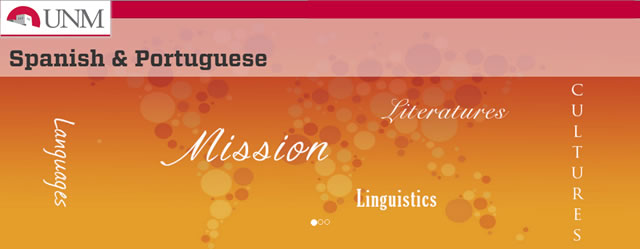
Spanish and Portuguese ETDs
Publication Date
9-10-2010
Abstract
This dissertation investigates how marginalized communities of Afro-Hondurans are represented in literature and cinematic productions of non-black writers and film producers. Despite the efforts of the dominant Honduran community to suppress or alter the image of Afro-descendants, a small handful of Ladinos, or individuals of a mixed indigenous and Spanish background, have chosen to explore the Afro-Honduran image in their works. Chapter I, 'Through the Eyes of Another: Racial Identity in Honduras,' discusses the Honduran search for national identity during the twentieth and twenty-first centuries. After experiencing periods of political and economic instability, the Honduran government began to promote ancient Mayan and Lencan civilizations in order to define the Honduran population. As a result, the Garífuna, West Indian and Miskito people, all Afro-descendant groups living in Honduras, were often not seen as part of the national imaginary. While many Hondurans did not question these exclusionary practices, others did in the form of cultural production. Chapter II, 'Literary Creation of the Afro-Descendant Subject in Honduran Poesía Negroide,' affirms that the work Antología de poesía negra (1962), compiled by Claudio Barrera, is a clear example of the poesía negroide movement, yet unlike other manifestations of poesía negroide, the poems of this anthology exhibit a greater dependence on archetypal images of blacks. Images such as the tragic mulatta, the Jezebel and lazy black man tend to be one-dimensional constructions that create stereotypical portraits of Afro-Hondurans and as a result, do not allow for other interpretations of blackness in Honduras. Chapter III, 'Blackness, Romance and National Identity in Julio Escoto's Madrugada: El Rey del Albor,' confirms that Julio Escoto's novel Madrugada (1993) proposes several Afro-descendant characters as potential 'parents' to Honduran history. The plot depicts Afro-descendants in relationships, but in the end, the relationships either do not produce offspring or the offspring is killed. The novel suggests that without any surviving descendants, the future of blackness in Honduras is tenuous. Chapter IV, 'The Search for a Garífuna 'Homeplace' in the Face of Displacement: Immigration, and Nation in Cultural Production,' discusses the novel Big Banana (2001) by Roberto Quesada, the play Louvabagu (1980) by Rafael Murillo Selva Rendón and the film El espíritu de mi mamá (2002) directed by Alí Allié. These works portray Garífunas (an Afro-indigenous community) that immigrate to the United States in search of the American Dream. In the end, the dislocated Garífunas become disillusioned after questioning their identities in the racial context of the United States, and realize that after experiencing discrimination both abroad and in Honduras, the black Honduran subject perhaps does not have a 'homeplace. In conclusion, we can see that although these authors have taken the initiative to explore issues of identity and nationality through cultural production, they express ambivalence and confusion on how to insert the multiple racial and cultural identities of the Afro-Honduran communities into Honduran national identity.
Degree Name
Spanish & Portuguese (PhD)
Level of Degree
Doctoral
Department Name
Spanish and Portuguese
First Committee Member (Chair)
Kimberle, Lopez
Second Committee Member
Eleuterio, Santiago Diaz
Third Committee Member
Donaldo, Urioste
Language
English
Keywords
Garifuna (Caribbean people)--Honduras--Ethnic identity, Garifuna (Caribbean people)--Honduras--Social conditions, Garifuna (Caribbean people) in literature, Garifuna (Caribbean people) in motion pictures
Document Type
Dissertation
Recommended Citation
Mason-Montero, A. Erin. "The Construction of Blackness in Honduran Cultural Production." (2010). https://digitalrepository.unm.edu/span_etds/1
